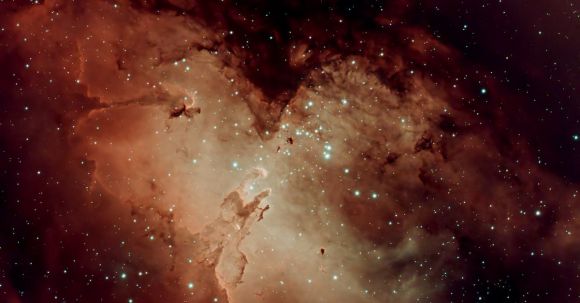Space exploration has always been a fascinating topic for scientists, space enthusiasts, and the general public alike. Over the years, humanity has made significant advancements in understanding the cosmos and has even sent astronauts to the moon. But what does the future hold for space exploration? In this article, we will explore some of the exciting possibilities and potential challenges that lie ahead.
Advancements in Technology
One of the key drivers of future space exploration is the continuous advancements in technology. From the development of more powerful rockets to the creation of advanced robotics, technology is revolutionizing our ability to explore space. For example, companies like SpaceX are working on reusable rockets that will drastically reduce the cost of space travel and open up new possibilities for exploration.
Mars Colonization
One of the most exciting prospects for the future of space exploration is the colonization of Mars. NASA, along with other space agencies and private companies, has set its sights on sending humans to the red planet. The long-term goal is to establish a sustainable colony on Mars, which would serve as a stepping stone for further exploration of the solar system. However, this mission comes with its own set of challenges, such as the need to develop advanced life support systems and protect astronauts from the harsh Martian environment.
Exploring Other Planets and Moons
While Mars may be the primary focus of current space exploration efforts, there are many other intriguing destinations in our solar system. For instance, Jupiter’s moon Europa is believed to have a subsurface ocean that could potentially harbor life. Missions to Europa, such as NASA’s upcoming Europa Clipper, will provide valuable insights into the possibility of extraterrestrial life.
Furthermore, there is growing interest in exploring the moons of Saturn, particularly Titan and Enceladus. Titan, with its thick atmosphere and methane lakes, is often compared to an early Earth and could hold clues about the origin of life. Enceladus, on the other hand, has been found to have water vapor geysers erupting from its icy surface, raising the possibility of a subsurface ocean and potential habitability.
Mining Asteroids
Another area of interest in future space exploration is the mining of asteroids. These celestial bodies are rich in resources such as precious metals and water, which can be used to sustain long-duration space missions. Companies like Planetary Resources and Deep Space Industries are already developing technologies to mine asteroids and extract valuable resources. This could revolutionize space travel by reducing the need to launch resources from Earth and enable the establishment of permanent bases in space.
Challenges and Collaborations
While the future of space exploration holds immense promise, there are also significant challenges to overcome. One major challenge is the high cost of space missions, which limits the number of missions that can be undertaken. Additionally, the long duration and harsh conditions of space travel pose risks to astronauts’ health and well-being.
To overcome these challenges, international collaborations are crucial. Space agencies from around the world are coming together to share resources, knowledge, and expertise. The International Space Station (ISS) is a prime example of successful international collaboration in space exploration. In the future, we can expect to see more joint missions and partnerships to pool resources and tackle the challenges of space exploration collectively.
In Conclusion
The future of space exploration is incredibly exciting and holds great potential for scientific discoveries, technological advancements, and the expansion of human presence beyond Earth. From advancements in technology to the colonization of Mars, exploring other planets and moons, mining asteroids, and overcoming challenges through international collaborations, the possibilities are endless. As we continue to push the boundaries of what is possible, we are paving the way for a future where space exploration becomes a routine part of our existence.
